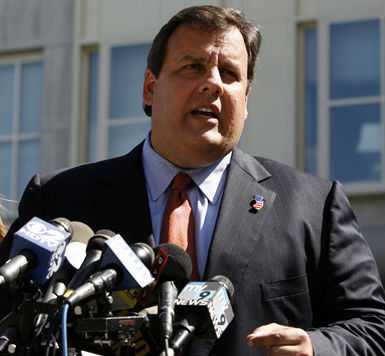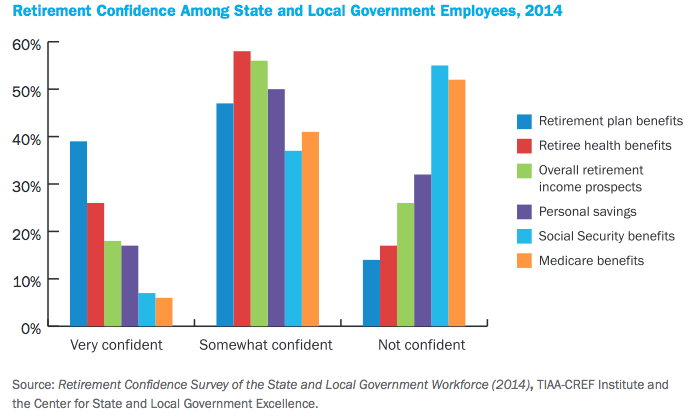Pennsylvania Gov-elect Tom Wolf, in stark contrast to his predecessor Tom Corbett, has been adamant that he is not on board with any sweeping changes to the state’s pension system.
But Wolf doesn’t take office until Jan. 20 – and some Republican lawmakers are still pushing for a quick passage of reform legislation before Wolf takes his seat.
Senator John H. Eichelberger Jr. [R] wrote in PennLive recently:
Gov.-Elect Tom Wolf has not yet set forth any legislative priorities, nor have his public statements provided any proposals to address the major concerns facing our state, including our greatest fiscal challenge — the pension crisis.
Given the magnitude of these problems, I urge the House and Senate leadership to reconvene both bodies immediately after the installation of new members and aggressively advance a pro-growth/good government agenda for the citizens of Pennsylvania.
The problems facing Pennsylvania are so pressing that waiting weeks more to address them is a disservice to the taxpayers.
The Legislature’s commitment eight years ago to not return for Sine Die session in the fall has been important for all the right reasons.
Sine Die sessions have been outlawed in many states because of their lack of accountability since outgoing members do not have to answer to the voters. An interregnum session in January poses no such concern.
The governor has no formal role in the legislative process and has no authority to act until after a bill, passed by a legislature representing the people, is sent to his desk for signature.
Waiting for Gov.-elect Wolf to take office before addressing the pressing needs of our state would be unnecessary and, some might argue, irresponsible.
Rep. Mike Tobash, R-Schuylkill introduced a bill in the previous session that would shift some employees into a 401(k)-style system.
But any sweeping pension reform proposals are unlikely to go anywhere under Tom Wolf, who says the state’s previous reforms need time to work.









